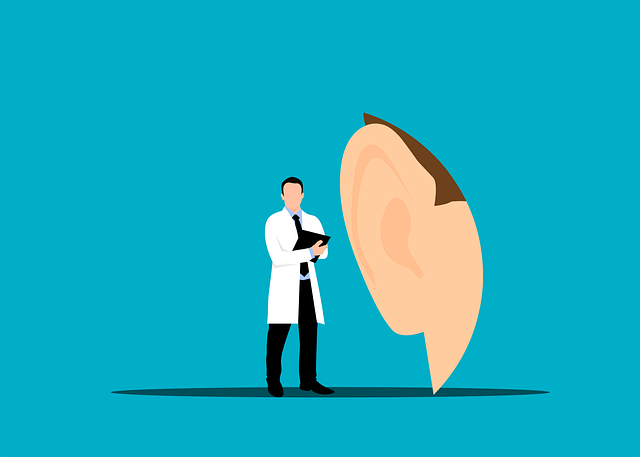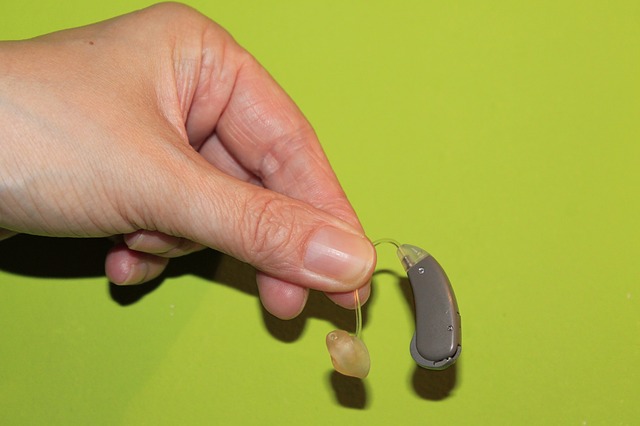16th May 2022 – By Paz García

Researchers led by Karolinska Institute, TwinsUK at King’s College London and Erasmus University have identified 10 new genes linked with hearing loss and located the part of the ear affected.
The findings, published today in American Journal of Human Genetics, cast doubt on the dogma that age-related hearing impairment originates mainly from sensory hair cells and propose the stria vascularis in the cochlea as a new target for treatments to help people with hearing loss.
Many people gradually lose some of their hearing ability as they get older, and an estimated 2.4 billion individuals will have some form of hearing loss by 2050. Age-related hearing impairment is a top contributor to years lived with disability and is also an important risk factor for dementia.
The team studied genetic analyses previously carried out in centres around the world using samples from 723,266 people from 17 studies — including TwinsUK — who had clinically diagnosed or self-reported hearing impairment. The researchers identified 48 genes linked to hearing loss, including 10 new variants newly linked to hearing.
Further analysis looking at mouse genetics indicated that age-related hearing loss is due to changes in the stria vascularis, a part of the cochlea in the ear, which is necessary for hearing.
Co-main author Christopher R. Cederroth, Associate Professor at the Karolinska Institute, said:
“It was hypothesized since the 1970s that the stria vascularis may play a role in hearing loss in humans, but the molecular evidence for this was missing until today.”
Co-main author Frances Williams, Professor at King’s College London and TwinsUK researcher, said:
“Our findings point to genes we could target for screening purposes, drug development and even gene therapy in the future. This study provides a solid foundation for ultimately improving therapies against hearing loss.”







